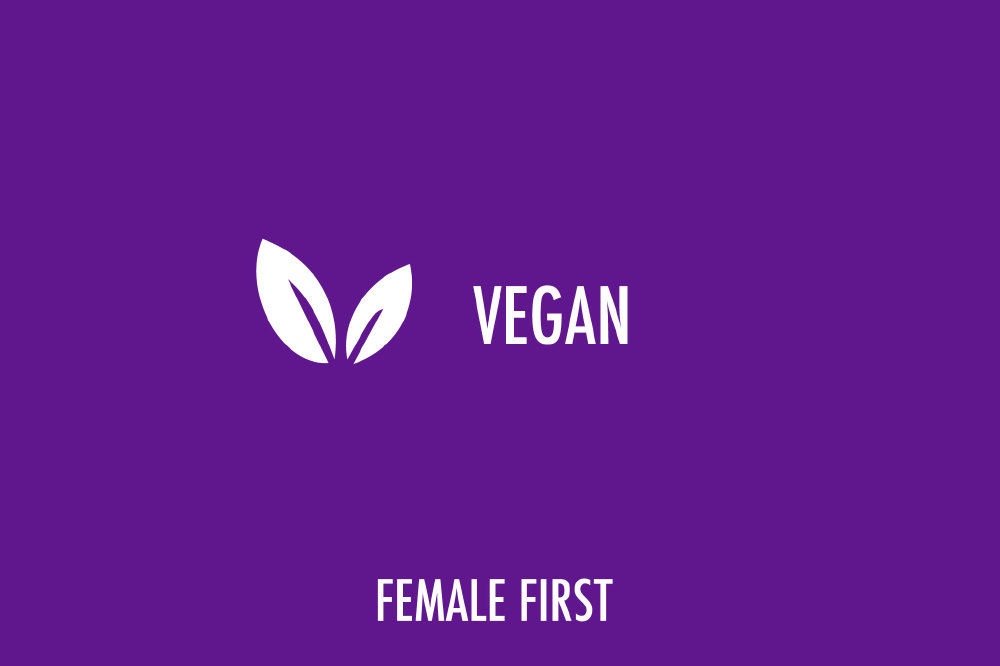Dr Sam Rodgers, General Practitioner and Medical Director of Medichecks

Vegan on Female First
The trend for veganism is growing fast – this year Veganuary report that 150,000 people are taking up the vegan challenge, compared with 60,000 in 2017. But vegan diets are not without their detractors with many even in the health profession worrying about the lack of protein and important vitamins and minerals.
So, should you worry if you or a loved one has decided to go vegan, especially if they make it a long-term lifestyle choice? We decided to interrogate the Medichecks data and see what is the case when we compare our vegan customers with those customers who profess to eat a normal balanced diet.
Vitamin B12
The good news is that there is no statistically significant difference between vitamin B12 between our vegans and the rest of our customers. Vitamin B12 is an important vitamin for nerve function and DNA synthesis, with deficiencies causing severe neurological problems. Vegans can’t get vitamin B12 through food as it is only found in animal products. However, most of us store enough vitamin B12 in our livers to last a few years. But if you have been a vegan for a few months or longer then we recommend supplementing with B12 and regularly testing to make sure that your B12 levels remain healthy.
Cholesterol
The even better news is that while there is no difference between overall cholesterol and HDL cholesterol between our vegan and non-vegan customers, the vegans do show a statistically significant lower level of unhealthy LDL cholesterol. So, if you are worried about your cholesterol levels, why not give plant-based a try to see if it improves your levels?
Diabetes
The Medichecks customers are a pretty healthy bunch, which isn’t surprising when you think that these are people who are being proactive about their health. Nationally it is estimated that around 35% percent of the adult population has diabetes or pre-diabetes[1] (when your blood sugar starts getting and remaining too high for good health) but in our customers, only 5.5% show signs of either condition.
But blood sugar control is even better amongst our vegans with an almost 2 mmol/mol reduction in their HbA1c compared with the rest of our customers. Why would this be? Well probably because a plant-based diet promotes weight-loss; obesity is the single biggest risk factor for diabetes.
Iron
Our vegans have lower levels of ferritin (an indicator of iron storage) than the rest of our customers which isn’t surprising given that they don’t get their iron from heme (found in meat) but in plants. Is this a problem? Not unless you have symptoms of low iron (which include fatigue, brain fog and breathlessness) or you engage in an activity where low ferritin levels could affect your performance, e.g. endurance sports. Experts increasingly think that the Western diet is too high in iron which could contribute to cardiovascular disease and other metabolic illnesses.
Vitamin D
The not so good news is that our vegans are low in vitamin D…. but no lower than the rest of our customers. The take-away for everyone this winter? Take a vitamin D supplement and get tested!
So, going vegan and apprehensive? Our statistics tell you there is nothing to worry about! Make sure you supplement with vitamin B12 and (along with the rest of the population in the UK) vitamin D. Don’t worry about your iron unless you are symptomatic of low iron, and take heart that your risk of diabetes and heart disease should fall.
[1] https://www.diabetes.org.uk/about_us/news/third-of-adults-have-prediabetes

